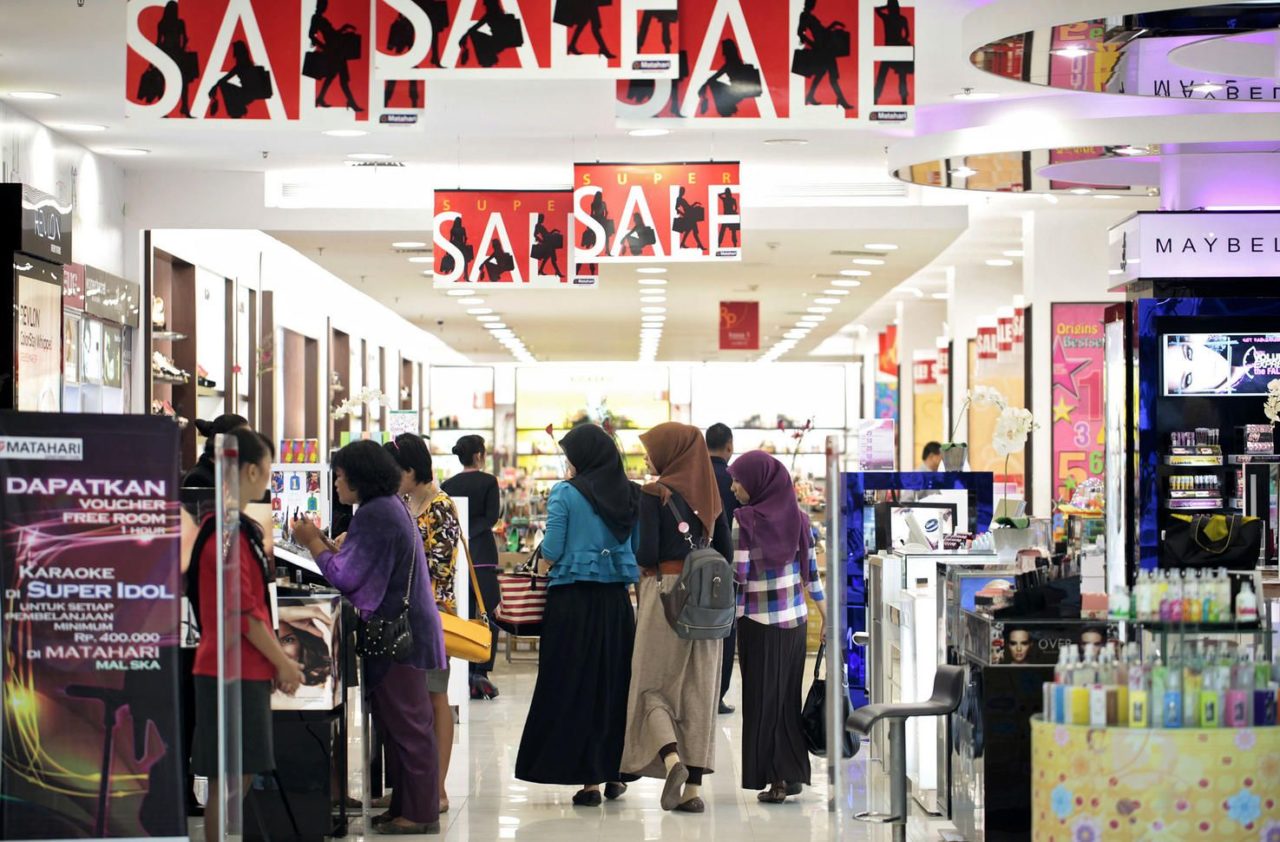
Malaysian consumer confidence jumped to its highest level in 21 years in the second quarter of 2018 (Q2 2018), as households were upbeat about the labour market and their future incomes, according to Malaysian Institute of Economic Research (MIER).
The think-tank said its Consumer Sentiments Index (CSI) survey, which involved 1,020 households in Peninsular Malaysia, rebounded above the 100-point optimism threshold to soar to 132.9 points in the second quarter, the highest level since Q2 1997.
MIER said this is likely due to the recent change in the political landscape, abolition of the Goods and Services Tax (GST) and the consumers’ expectations of an improvement in the economic welfare.
Speaking at MIER’s 33rd National Economic Briefing today, its executive director Dr Zakariah Abdul Rashid said the survey also revealed that the consumers are having ambitious spending plans in the coming months, especially for consumer durables.
“This is underpinned by the improved consumers’ current incomes as well as future incomes and favourable employment outlook as shown by the survey results,” he added.
MIER said based on the CSI survey results, 21% of the households interviewed enjoyed better finances in Q2 2018, the highest proportion received since Q1 2014, while majority (65%) of them saw no change in their incomes recently.
“Only 13% of the respondents this time lamented being worse off financially then before, the smallest proportion tabulated since Q4 2004,” it noted.
Consistent with its CSI survey, MIER said that businesses are also upbeat on the economy, as its Q2 2018 Business Conditions Index (BCI) rebounded strongly recording the highest level over the last 13 quarters, surpassing the demarcation level of 100-point threshold of optimism.
Meanwhile, Zakariah said the government’s decision to abolish the GST and reinstate the Sales and Services Tax (SST) would not significantly impact the country’s economic growth.
“The brief period of the tax holiday and the shift to SST in September won’t have much impact on GDP as the (GST and SST) elements play a very small or insignificant role in (contributing to) GDP. I think other factors (such as domestic demand, private and public consumptions) are more important,” he added.
MIER maintained its GDP (gross domestic product) growth forecast at 5.5% this year. GDP growth is expected to moderate to between 4.8% and 5.3% next year.
Additionally, Zakariah said growth prospects for 2018 and 2019 would depend heavily on resilient growth in domestic demand and good performances of major developed economies.
Meanwhile, he said, the ringgit is expected to trade between RM4.18 and RM4.20 against the US dollar by year-end due to capital flows amid global interest rate differentials.